Interview: Speedy J
We sit down with the techno stalwart to discuss his production processes and the growth of the Electric Deluxe brand.
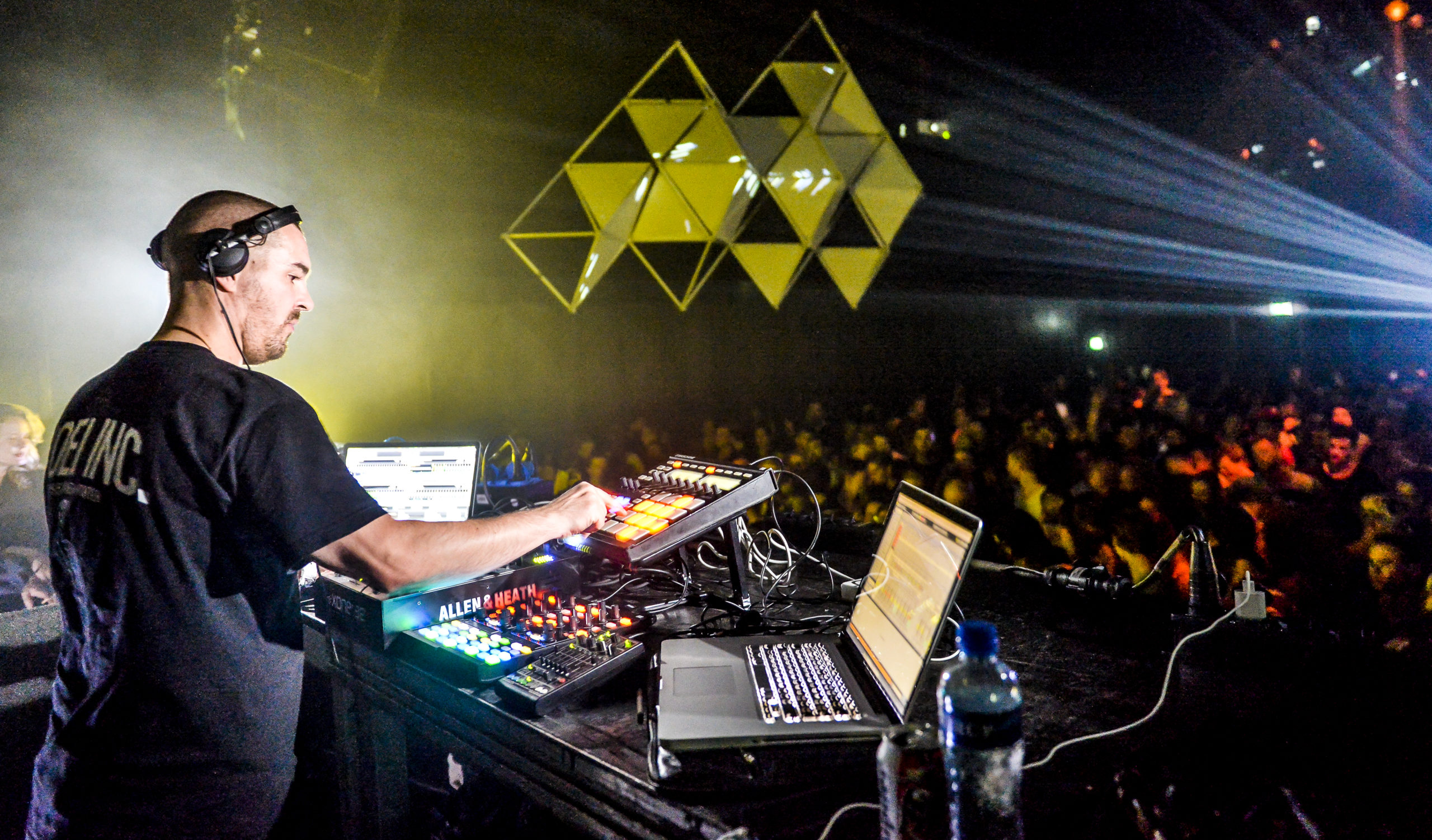
Interview: Speedy J
We sit down with the techno stalwart to discuss his production processes and the growth of the Electric Deluxe brand.
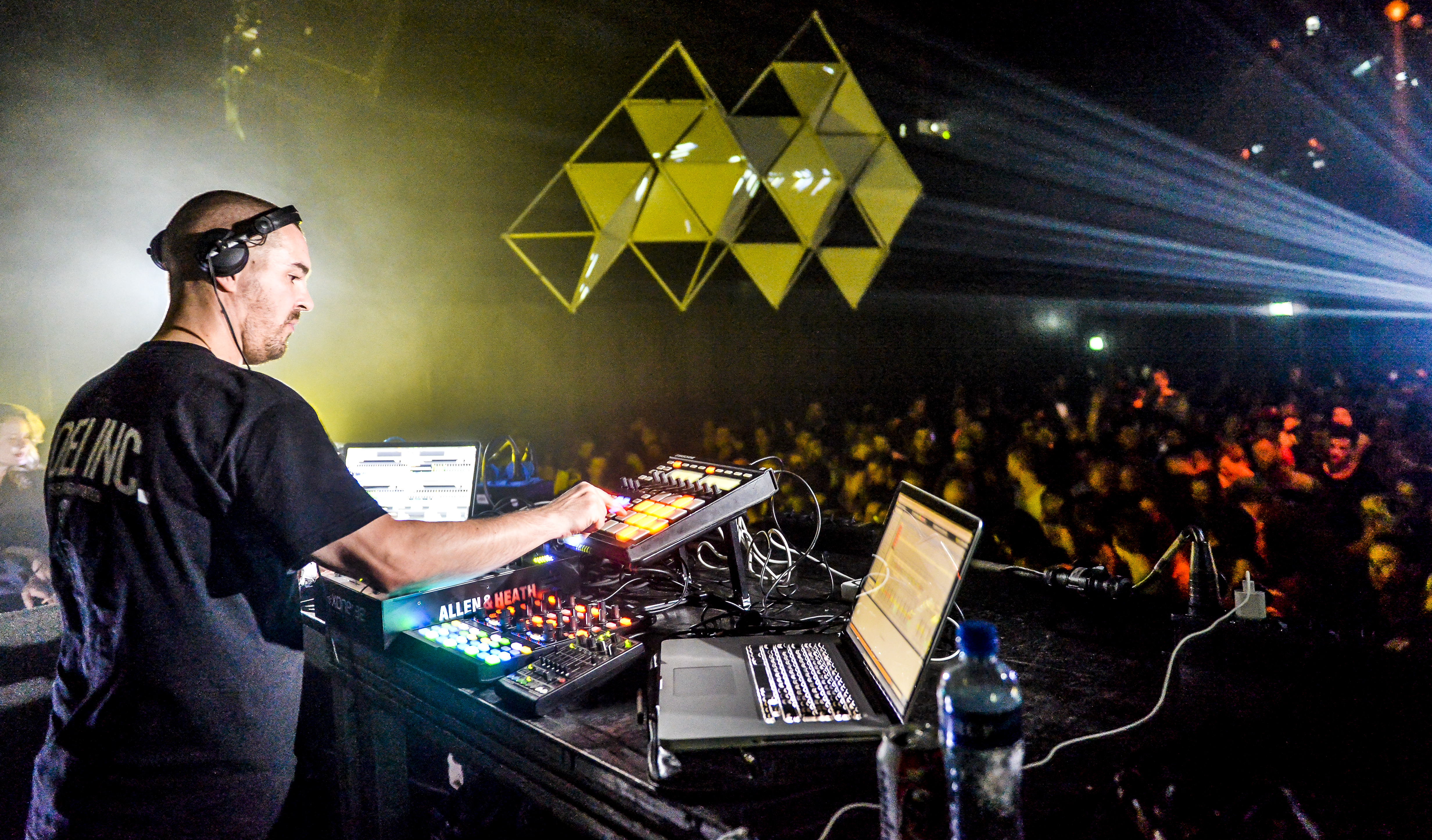
Does Jochem Paap really need an introduction? Better known by his stage name Speedy J, a moniker that stems from his speed behind the decks, the Rotterdam-based DJ-producer is synonymous with the word techno, a key figure in the genre’s renaissance. As an artist, Paap continues to push the boundaries of techno exploration, experimenting with different sounds and textures—the result being a catalog of thought-provoking records on labels including Plus 8, Warp and Novamute. Paap also heads up Electric Deluxe, a brand that encompasses both a highly-demanded event series and a flourishing imprint that promotes creative freedom by encouraging artists to push beyond their usual parameters.
On the eve of the label’s next release, a debut album from Giorgio Gigli, XLR8R connected with Paap to hear more about his production techniques and discuss his inspirations and visions for the brand.
As a solo artist, did you ever anticipate this success when you were producing in your bedroom in Rotterdam?
Certainly not. I started producing music in a time when it was done for the love of it rather than anything else. There was no business around it—I just did it as a hobby because I loved it. And then in the early ’90s, things took off and this really shaped my plan. I overcame each hurdle through improvisation and the pathway just continued. Nobody who was producing music at that time could really have anticipated anything like it is today, but fortunately I am still around.
1992 and the release of “Pullover” is noted as your big breakthrough. Is that how you see it?
That was a big moment—but I think the thing that really changed things for me was hooking up with Richie Hawtin and John Acquaviva when they started their Plus 8 label in Ontario, Canada.
How did you start working with them?
They only had about two releases, and I was basically producing music in my bedroom— there were only a handful of people doing it in Holland at the time. I was working with some friends on a radio show between four and eight in the morning when nobody was listening—but we played the music anyway. We used to go on the telephone during those transmissions and call up labels that we liked, because it was mid-afternoon in the United States when we were on air due to the time difference. One day we called John Acquaviva, and he was so shocked that people from Holland had called him and that his label’s music had spread that far. Following the conversation, I sent over some cassette tapes by mail—and he called me back telling me that Plus 8 wanted to do at least three singles from the collection of 50 tracks that I sent. To have some releases on such a respected label definitely helped my career a lot.
And how did the Warp releases come about?
In 1991 I met Rob Mitchell from Warp, and he was into my work after hearing what I had done on Plus 8. He told me that they were starting this Artificial Intelligence series that he wanted me to be part of it. This was the second big break that had fallen onto my lap, because Warp is such a hugely respected imprint. After that, I’ve just sort of focused on sustaining the same level.
“As an artist, I am interested in the whole scope of electronic music. I am not really into just one style and I don’t feel responsible for any of those styles or any particular genre.”
Following the releases of 1993’s G Spot and 1995’s Ginger, your sound took a noticeable change of direction away from techno for the dancefloor to something more complex and ambient—most noticeably on Public Energy No. 1 and A Shocking Hobby in 2000. Was this a conscious decision?
No—it was a very natural progression. As an artist, I am interested in the whole scope of electronic music. I am not really into just one style and I don’t feel responsible for any of those styles or any particular genre. I certainly don’t think of myself as an ambassador for any particular sound. Some people are pushing genre or one sound—but I am different. I am just a person who is easily bored. When I think I am in a territory that I have already explored for myself, then I lose interest. That is exactly what has happened at several points in my career. It’s not a conscious plan—it’s simply what I was into at that time at that particular moment. I could have managed it a little better, I think, but I have no regrets in hindsight.
Moving from dancefloor techno to something more ambient is not especially easy. There are not too many producers who could have such success in both areas. Was it an easy transition?
But I wasn’t trying to produce anything in particular—it was just a process of experimenting with the kit that I had in my studio. There was no desire to produce experimental music—that’s just not how I work. I just have some idea, like some sort of blueprint or aesthetic, in my head that I want to work towards and then something comes out of me. At some point I then have to let it go because you can only be temporarily satisfied with the music that comes out. Otherwise you’ll keep on working on it until it is something completely different.
“I just have some idea, like some sort of blueprint or aesthetic, in my head that I want to work towards and then something comes out of me.”
So this change of course to more ambient soundscapes was simply through a process of natural experimentation?
Exactly. I am familiar with the term ambient, but I never set out to produce an ambient record. All the albums I have done are collections of work that I have done over a period of two years, and within those two years I probably worked on some dancefloor stuff and some listening stuff. I just tried to collect the bits that go together well. I have never really had one single direction in mind. Working in the studio is just a process of having fun with the equipment, trying to look for what is possible with certain pieces of gear. I just want to make sounds that you don’t really find on the surface of these machines, pushing them as far as I can go. That’s the basis of my music: noodling around with the equipment, pushing the equipment and trying to find this aesthetic that is on my mind.
So in that sense your whole process of making music is experimental.
Yes. Experimenting is a large part of the work ethic. I never really go to the studio to copy-paste things. Each track is based on recordings I have taken while I was been noodling. I will then enhance those and find the best parts, cut it down to five minutes and move onto the next one.
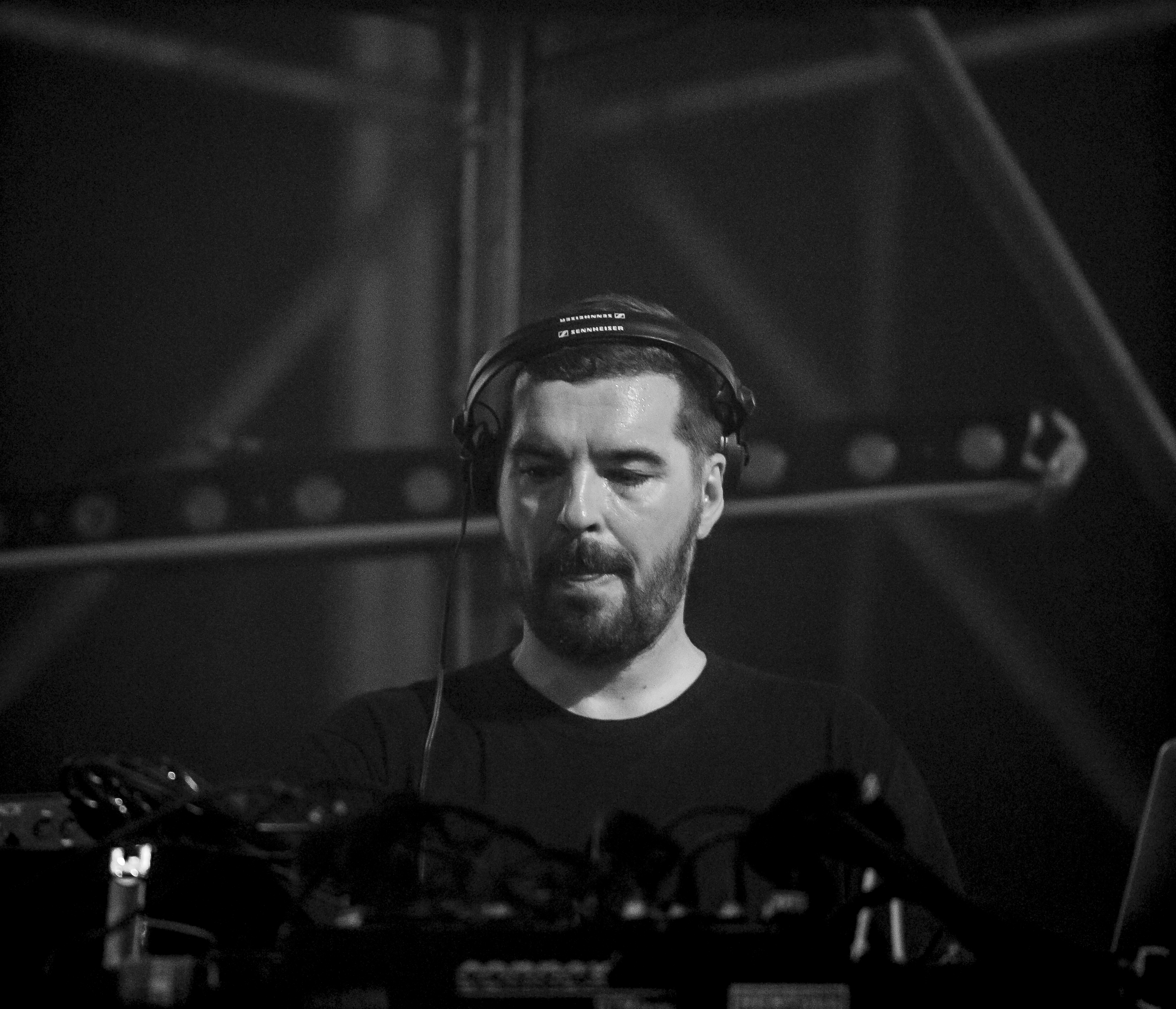
And how does the production process begin?
I will always focus myself on certain pieces of gear. I limit it to a certain number of possibilities and then I look for the boundaries or the edges of what that particular gear can do. You have to take a mental picture of everything that is going on in the system and if you make this system too big then you lose sight of this as it becomes too complicated. If you limit it to a certain piece or certain pieces of gear then you can make it your own and improvise it with. This way you never lose the initial idea.
At what point do you know whether a sound is good or not?
I know exactly what I like and what I don’t like. I don’t like certain sounds and I do like certain other sounds. It’s not even a decision—more of an intuition. It’s the line between excitement and boredom.
But there must also be a rational side to it too?
Yes. Most of it is intuition, but at some point you have to take take a step back to decide whether there is something interesting going on or not. That is a conscious decision, and when that is decided then a line is drawn. The fact that other people may or may not like it is not on my mind when I am doing it.
Is this a very instant decision, or does it take some time?
I normally try to live with the track for a couple of days or a week. If I think that it’s still special after a week then I will prepare it for release. If I don’t like it after a week then it will end on the huge pile of failed experiments.
After a prolific start, your output as a solo producer has slowed down slightly over recent years. Is there a reason for this?
It’s not due to lack of motivation, rather due to lack of time. In the early days I could be a musician full time, because I was living with my parents and didn’t have any responsibilities. I could fool around and play for 24 hours a day, and this means there was a lot of output. Nowadays the label and the the events take up a lot of time. I like doing it because it shapes the context around the brand and myself, but it also clogs up my head—so it has become more difficult for me to find time to go into the studio and think about nothing. I try to create those moments, and when I do there is a lot of shit that happens. But it is hard to find the time.
“I think the album format should be reserved only for when a body of works has a certain coherence and common aesthetic.”
On that note, have you got any new solo material on the way?
I’ve been working hard to find those rare spots to dedicate myself to music, and all the results are going to be collected for a release at the end of this year and go until the end of 2016. I don’t want to do a classic album, in the sense of compiling this material into one release, rather I want to do a number of smaller releases. I think the album format should be reserved only for when a body of works has a certain coherence and common aesthetic. The stuff I have been working on has been recorded in several different phases in several different environments, so it is a little all over the place. Because of this, I would prefer to make several smaller albums or EPs.
Away from your solo work, you’re also known for your collaborative work, most notably with Lucy as Zeitgeber and with Chris Liebing as Collabs 3000. How do these compare your solo work?
Collabs 3000 is more of a live project. We’ve been playing together for so long now that we don’t really have to talk to each other during the set. We’re on the same wavelength all the time. It’s basically just one flowing entity and it’s really satisfying for both of us because it gives both of us a new identity. It’s a bit like Chris and a bit like myself. The collaboration with Lucy is more production-based, although we play live.
You started both the Electric Deluxe label and the events series in 2008, but how are they interlinked?
I started them both for the same reason, and they support each other. I just wanted to take things into my own hands. As a solo artist without a label and without a brand supporting you, you are always relying on other peoples’ curation and ideas about how a collection of artists should work together. In the case of the events, this affects how the night progress, and in the case of a label this affects things like the distribution and marketing. By 2008 I had so much experience and I had so many ideas that I wanted to create an opportunity to push my own vision more, so than if I was working with other people. I wanted to create some context around the things I was doing.
The name Electric Deluxe stems from your release on Plus 8—but where does the name come from originally?
It comes from the Electric Mistress Deluxe machine. I just liked the ring of it and so adopted it. There’s absolutely no other reason behind it.
“I want to work with artists who feel comfortable staying true to their own vision or identity. If they do this, the result is always better than if you have someone fit into this harness of a defined sound.”
The label has become a home for artists to push beyond their usual parameters. Is this how you always envisaged it?
Yes. I never tell artists what to do on the imprint. I want them to come onto the label and do something that is personal to them, rather than adapting their style to something that they think fits the label ethos. I want to work with artists who feel comfortable staying true to their own vision or identity. If they do this, the result is always better than if you have someone fit into this harness of a defined sound. I hate defined sounds!
It’s a lovely concept, but as an artist it can be very tempting to bend your sound into something that will sell, especially if you’re relying on it to make a living.
That’s boring. In the end we’re talking about music. As an artist, you have to develop yourself and find your own voice. Isn’t that what musicianship is all about?
But can you see why people do it?
Yes. But if you follow the flavor of the month, then you’re in trouble when that flavor changes. As long as you stay true to what you believe in, then you don’t run this risk. You don’t want to be a musician to work for somebody else; you want to be a musician to speak your own voice. People become musicians to avoid day jobs so you shouldn’t turn it into a day job.
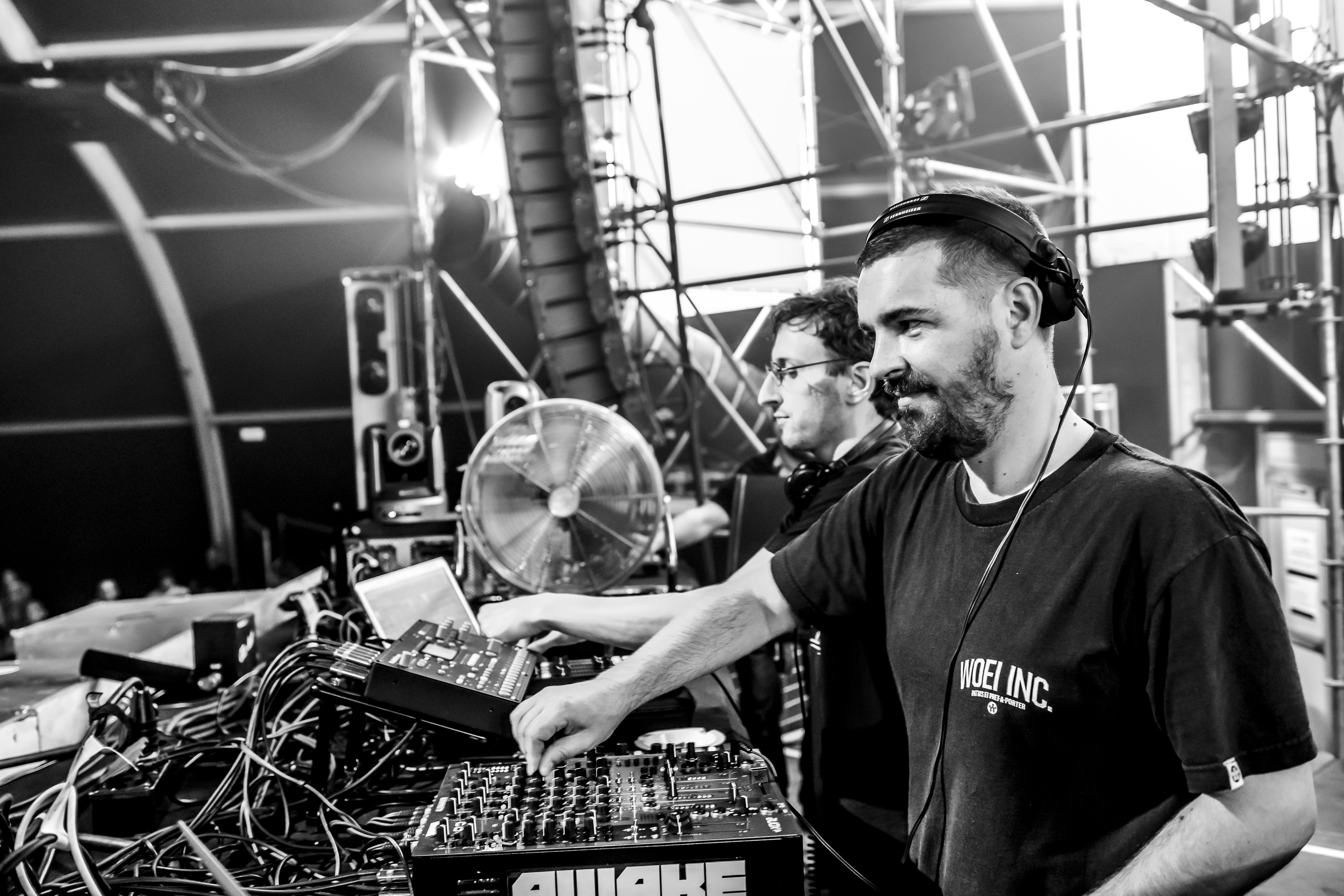
If there is no defined sound for Electric Deluxe, how do you do your A&R?
Intuition. I am looking for something original. I am looking for artistry. It’s quite simple actually.
Do you listen to all the demos that you receive?
I do, but I can tell very quickly whether it’s something I am interested in or not. Sometimes even after just a few seconds.
Do you also take into account the person and their ambitions as a producer?
Yes. It’s very important that I connect with them on a personal level. It doesn’t necessarily mean that I have to like them as a person, but I must be able to relate to the way that they approach things. They must have confidence and belief in their own vision. If we become friends along the way then that’s great, but that’s not the starting point.
The label’s output has certainly shifted from the dancefloor material of the early years, something that’s illustrated by the upcoming release of Giorgio Gigli. Is this intentional?
As with my own sound, it is still all based on intuition—but at the same time I am going through phases in my career. This is just the direction that I am most interested in currently.
“I believe that there are always going to be a bunch of people who are excited by the same things that I am excited in. I’ve learned that intuition is normally the best guide.”
Not many labels would survive on intuition alone; they need to sell records to stay in business.
That’s true. I have never really gone out of business because I’ve never made such a bad judgement that has been so far from what the public is looking for. I believe that there are always going to be a bunch of people who are excited by the same things that I am excited in. I’ve learned that intuition is normally the best guide.
How did the Giorgio Gigli release come about?
We’ve been in communication for a while. He’s very strong-minded about what he wanted the album to be. It’s not dancefloor orientated—it’s more romantic and dark techno. It’s a very special release for the label.
Moving on to the Electric Deluxe Presents events series, it has grown into one of the world’s most established underground series. What was the vision?
I wanted to create an event where everybody is equally important. I never did it just to be the center of attention and to have a lot of people playing around me. I wanted the whole night to make sense. As an artist you want to be in an environment where you feel comfortable and the sound is good, and the artists playing around you complement what you’re putting out. There weren’t many events that had this approach and that’s why I started it.
What do you take into account when you are programming these events?
We always like to include some people that we’re working with on the label, just to shape the sound a little bit. It’s also sort of a business thing. It supports the label and develops the Electric Deluxe brand as a whole. We have artists playing at the events who have never released on the label, but they are also part of the same sound. We try to combine established acts with developing artists instead of booking a bunch of headliners. We curate it in a way that we profile the label and the event in a certain way in order to build the right context.
“Every musician has a far greater knowledge of music than their releases will show, and Electric Deluxe as a brand is a platform for these artists to explore these contexts.”
With artists like Nathan Fake and Simian Mobile Disco having played these events, it’s obvious that they’re far from just techno parties. Do you intend the sonic scope of the parties to be wider than that of the label?
The scope of the stuff that I like is quite large—and the Electric Deluxe podcasts venture into a wider range of sounds. Every musician has a far greater knowledge of music than their releases will show, and Electric Deluxe as a brand is a platform for these artists to explore these contexts.
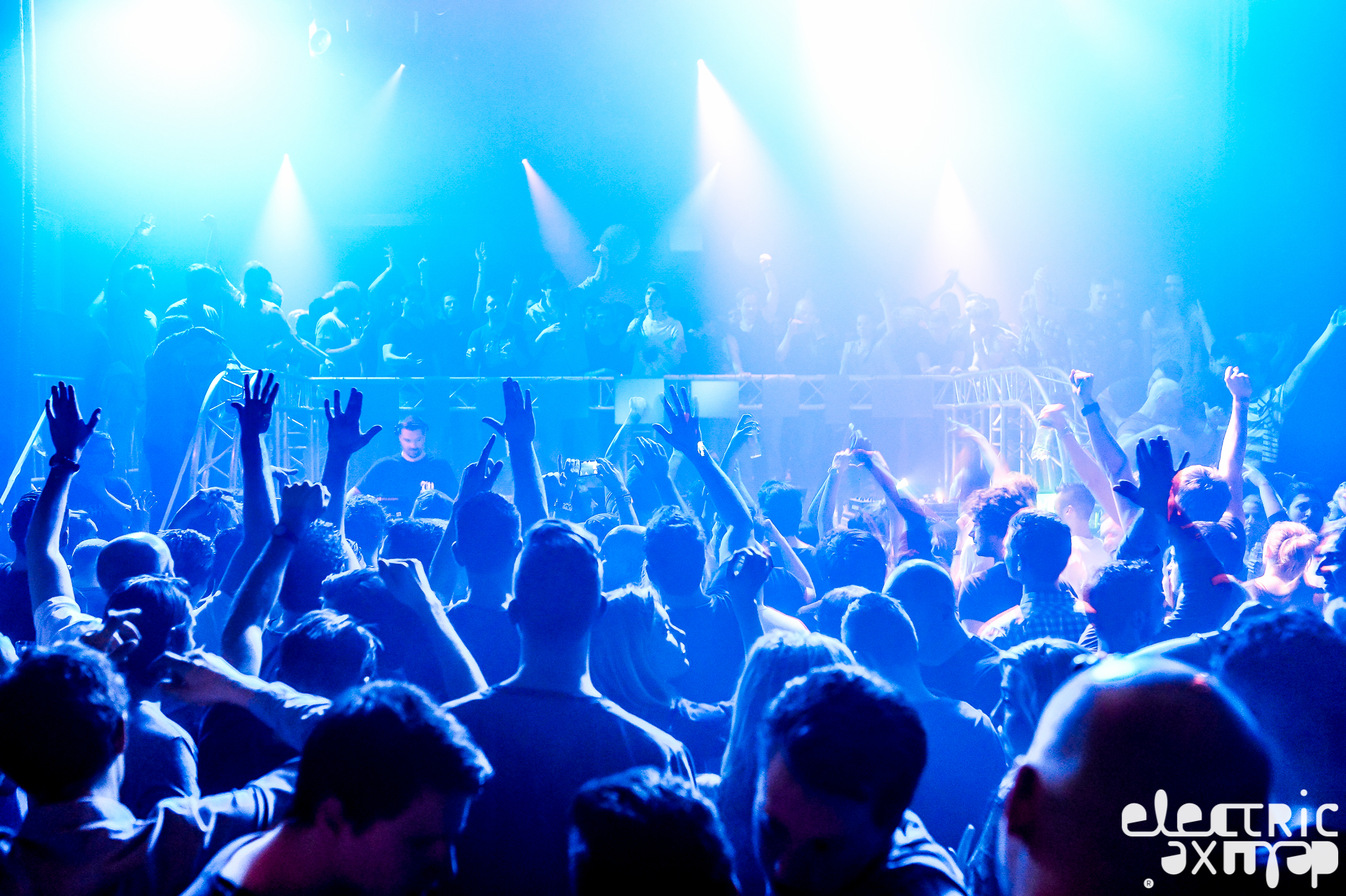
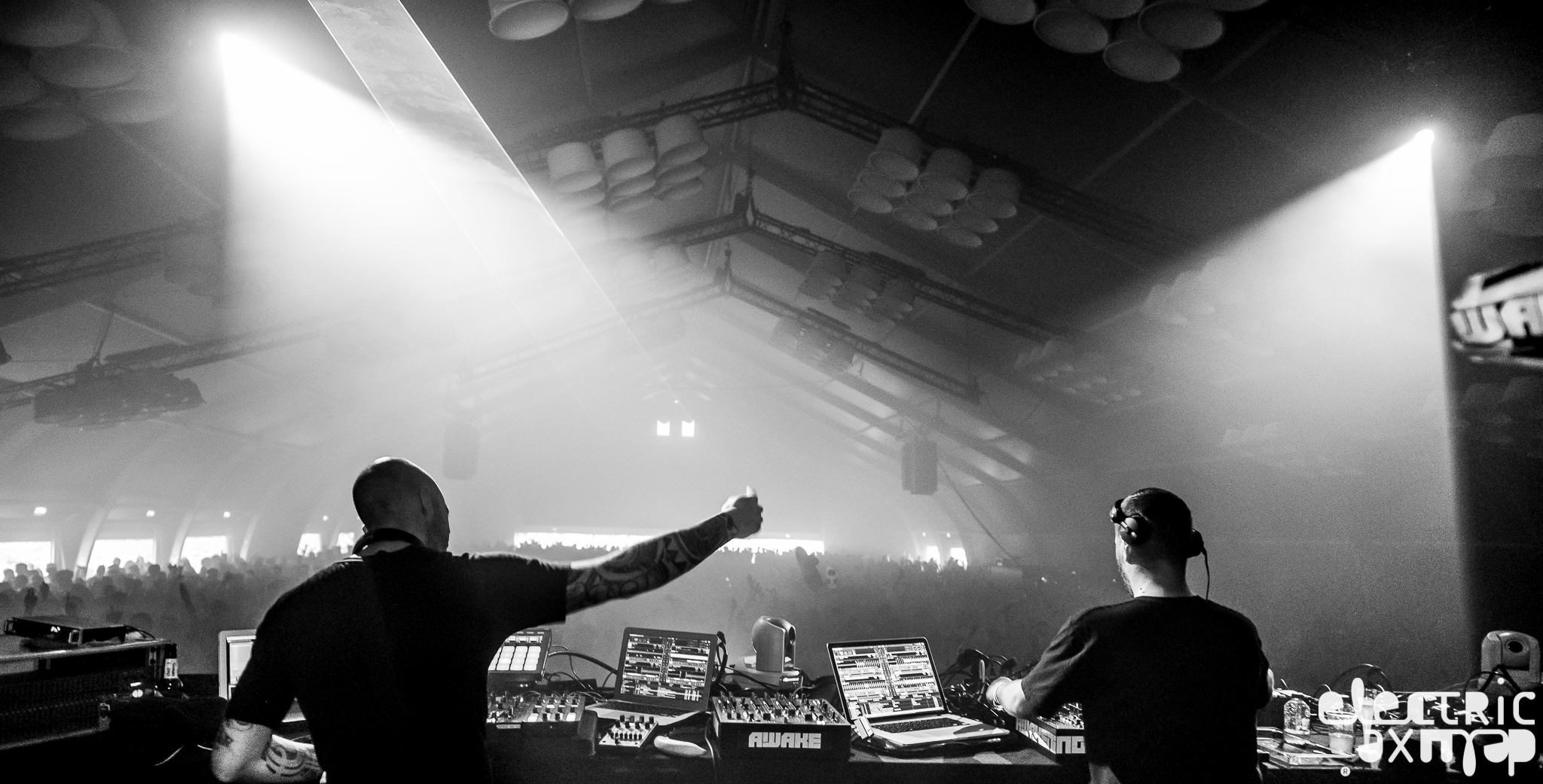
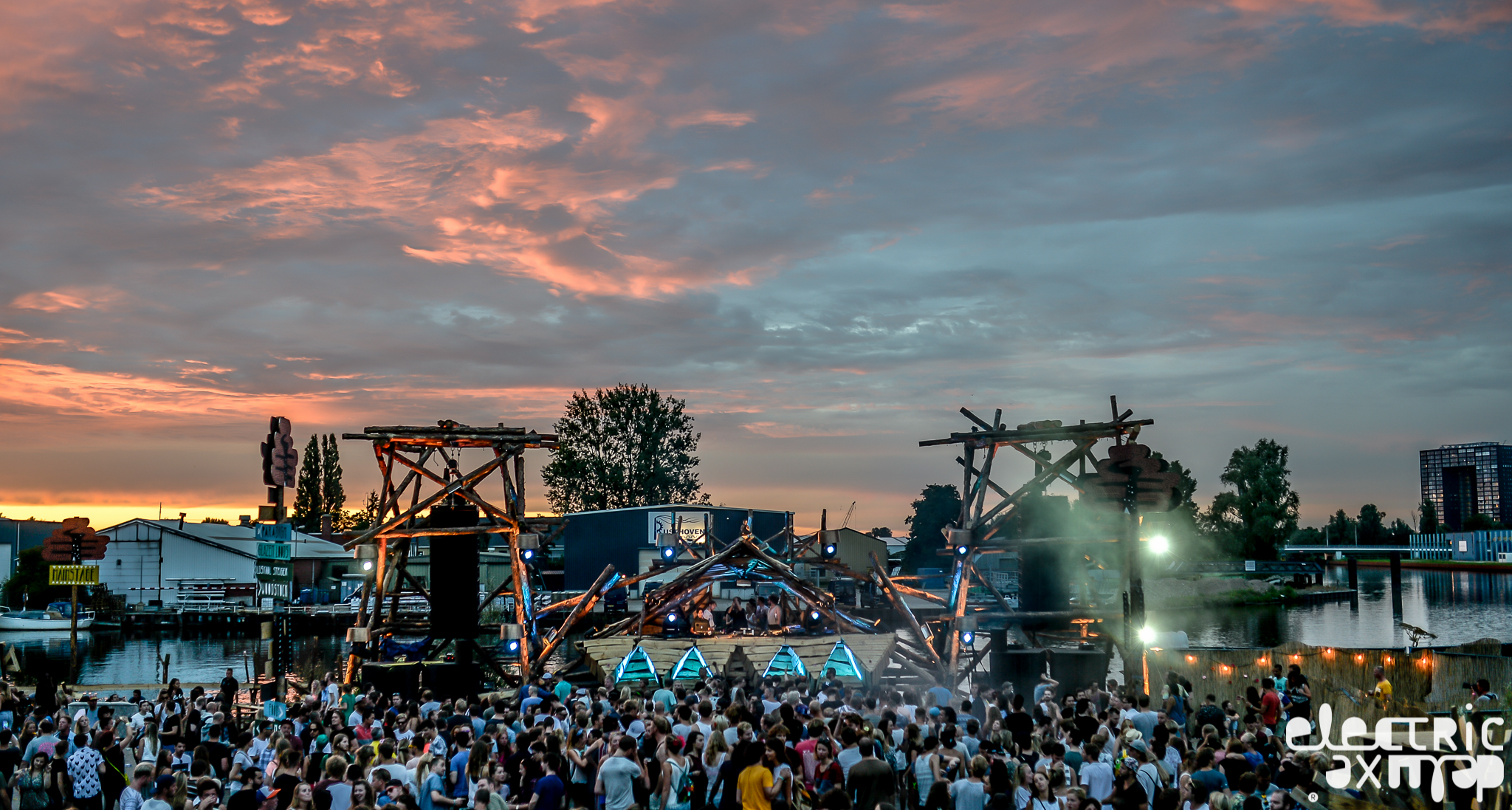
It’s a remarkable achievement, having built this platform—but do you have a bigger vision in your head?
I am very proud of what Electric Deluxe has become but this is just the very start—but I want to take it a lot further than this. I cannot yet tell you the long term plan but we are far from settling down. The ambitions go far further than where we are now.

